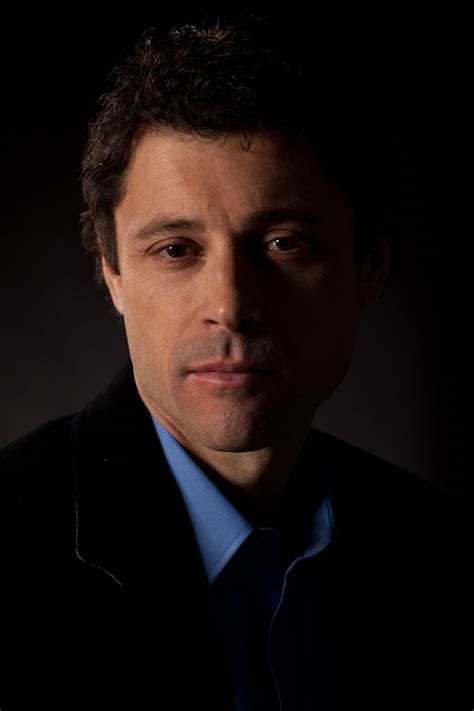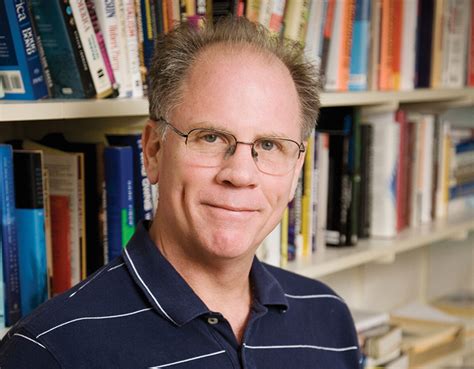A Quote by Isabel Allende
I think that any writer who is commercial, who sells a lot of books, has to face criticism. Because the more hermetic and the more difficult your book is, supposedly it's better.
Related Quotes
I don't have a very high opinion, actually, of the world of criticism - or the practice of criticism. I think I admire art criticism, criticism of painting and sculpture, far more than I do that of say films and books, literary or film criticism. But I don't much like the practice. I think there are an awful lot of bad people in it.
There are some advantages to being a writer: you do generally get better as you get older. I think I understand things better. When I was a kid, I was kind of guessing at the emotion. Now I'm interested in writing more difficult books, books that confront the facts of life, of death and dying and failure - the majority of life. You write outwardly imaginative books when you're younger. When you're older you apply imagination to internal experience.
First one gets works of art, then criticism of them, then criticism of the criticism, and, finally, a book on The Literary Situation , a book which tells you all about writers, critics, publishing, paperbacked books, the tendencies of the (literary) time, what sells and how much, what writers wear and drink and want, what their wives wear and drink and want, and so on.
The more I write, the more I've come to realize that books have a different place in our society than other media. Books are different from television or film because they ask you to finish the project. You have to be actively engaged to read a book. It's more like a blueprint. What it really is, is an opportunity... A book is a place where you're forced to use your imagination. I find it disappointing that you're not being asked to imagine more.
I've never translated more than one book by any author. But I'm fascinated by translators who have, like Richard Zenith, who's translated so much of Fernando Pessoa's work. I get restless for a new kind of influence. The books I've translated are books I want to learn from as a writer, to be intoxicated by. And translation is an act of writing in itself. It's an act of recreation - of a writer's cadence and tone and everything that distinguishes the voice in the book.
You can't write a book if you've never read a book. And if you've read five books and you try to write a book, your book will mainly encompass the themes and the context of the five books you've read. Now, the more books you read, the more you can bring to a book when you decide to write one. So the more rap I learned, the more I was able to bring to rap when I decided to rap. But this was all subconscious.
At difficult times of my life, books have been an incredible comfort. When I was 12, I changed schools and my parents split up. It was then that I became addicted to reading. A great writer can attach themselves to your mind and heart, and you feel you understand the world better. As long as you have the capacity to read, you needn't be alone any more. I remember thinking as a child, "If I could give one person the comfort I keep getting from books, then I want to write."
I wish I could go back and rewrite my first book, You Bright and Risen Angels; I could do a better job. But in the meantime, nobody knows as much about my books as I do. Nobody has the right but me to say which words go into my books or get deleted or edited. When I'm dying, I'll smile, knowing I stood up for my books. If I die with more money, that wouldn't bring a smile to my face. Unless I got better drugs or more delicious-looking nurses.
The great thing about living until you get a bit older if you are a writer, and especially a poet, is that you have more life to reflect on. And I think that if I am better now - and I think that I am probably better than I was - is because that I simply have more to think about, more to get under control, more to understand.






































